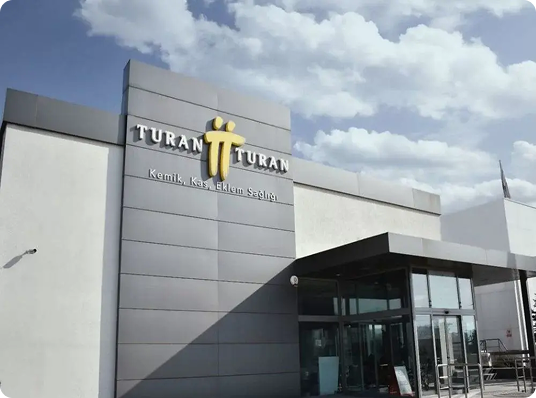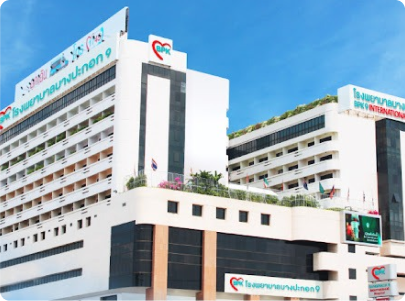Radiofrequency Lesioning
The Radiofrequency Lesioning is a cutting-edge medical intervention designed to diagnose, treat, or manage specific health conditions with a focus on improving patient longevity and quality of life.
Get Expert Consultation
Speak with our medical travel experts to get personalized guidance for your procedure
✓ No commitment required • ✓ Expert guidance • ✓ Free consultation

Book Your Free Medical Consultation
Get expert advice—free and easy. Just fill out the form to start your health journey!
Key-Insights for
Radiofrequency Lesioning
Procedure Time
typically takes around 30 minutes to an hour
Recovery Period
you can usually return to normal activities within a few hours
Expected Results
significant reduction in pain and discomfort, improved joint mobility, and enhanced quality of life
Ideal Candidates
those with chronic pain or inflammation in joints and muscles, such as arthritis patients
Radiofrequency Lesioning
The Radiofrequency Lesioning is a cutting-edge medical intervention designed to diagnose, treat, or manage specific health conditions with a focus on improving patient longevity and quality of life.

People seek these procedures for various reasons:
Aesthetic Enhancement
Achieve lasting relief from chronic pain and discomfort
Corrective Purposes
Improve mobility and range of motion in affected joints
Functional Restoration
Enjoy a higher quality of life with reduced reliance on pain medications
Things to Check Before Treatment
- •Discuss your medical history with the doctor, including any allergies or previous surgeries.
- •Confirm that you have no active infections or wounds near the area to be treated.
- •Inform the doctor about any medications you're taking, including blood thinners or herbal supplements.
- •Get a thorough physical exam to identify any potential issues before the procedure.
- •Make sure your insurance covers the procedure and understand any out-of-pocket costs.
Potential Risks
- •Temporary pain or discomfort at the treatment site
- •Minor bleeding or bruising
- •Risk of infection, although rare
- •Possible nerve damage (though rare) that may cause numbness or tingling
- •Uncommonly, complications with the anesthesia
How to Choose the Right Country, Clinic, and Surgeon
Do's
Verify surgeon credentials (e.g. ISAPS, JPRAS)
Ask for before-after photos
Check language barriers
Review aftercare and follow-up options
Consider local laws on medical malpractice
Don'ts
Don't Choose a Clinic Based Only on Price
Don't Rely Solely on Social Media or Influencers
Don't Ignore Language Barriers
Don't Rush Into Surgery Without Research
Don't Assume You Can Fly Back Immediately
CureMeAbroad Services Are Absolutely Free.
You pay same rates for treatments as in the hospital's original price list.
CureMeAbroad Services Are Absolutely Free.
You pay same rates for treatments as in the hospital's original price list.


Book Your Free Medical Consultation
Get expert advice—free and easy. Just fill out the form to start your health journey!
Radiofrequency Lesioning
Frequently Asked Questions
This procedure involves specific medical techniques tailored to address particular health conditions. Your doctor will explain the detailed process based on your case.

Help Me Plan My Treatment Abroad
End to End Treatment Planning Specifically curated as per your need. Just a Call away


Help Me Plan My Treatment Abroad
End to End Treatment Planning Specifically curated as per your need. Just a Call away


Book Your Free Medical Consultation
Get expert advice—free and easy. Just fill out the form to start your health journey!



